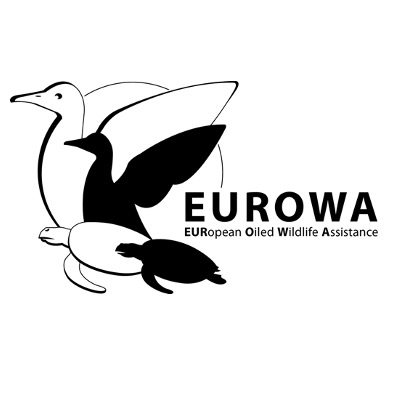
EUROWA-2: Moving the EUROWA project forward
We are very pleased to report that the EUROWA-2 project will begin in January, marking an important milestone in development of oiled wildlife preparedness in Europe. EUROWA-2 will be a 2-year project co-funded by the European Commission’s Civil Protection Financial Instrument.
The project is a follow-up to the first EUROWA project which ran in 2015-16, during which the EUROWA mutual assistance philosophy and training modules were developed. EUROWA-2 will further strengthen Europe’s capacity to deal with marine wildlife emergencies via integrated mutual assistance between coastal countries and the availability of a European network of internationally qualified EUROWA experts. The project builds on existing European mechanisms for mutual assistance between countries and aims towards having coordinated teams of qualified EUROWA experts that can be internationally mobilised to assist in an emergency, under the command of the leading national authorities.
The project will also engage European authorities to help develop processes for proactive management of pollution incidents that allow the integration of a timely and effective wildlife response. The wildlife response groups and organisations who make up the EUROWA network will be supported through the project in deepening relationships with their national authorities and engaging them in the need to devote more attention to preparedness for wildlife emergencies.
EUROWA-2 also seeks to expand the existing network to other European countries; to add new elements to the EUROWA expertise portfolio (namely sea turtle response, risk analysis and impact assessment); and to make training courses and exercises available for network members and their authorities.
Sea Alarm is coordinating the project in cooperation with three partners: WWF Finland, Submon (Spain) and Royal NIOZ (the Netherlands). A total of seven work packages are included, with a number of technical deliverables as well as meetings, training events and workshops, all planned during the 24 months of the project and enabling authorities, scientists and responders from European coastal countries to participate. We are looking forward to getting started and encourage you to follow project news and progress on the dedicated website www.eurowa.eu.
